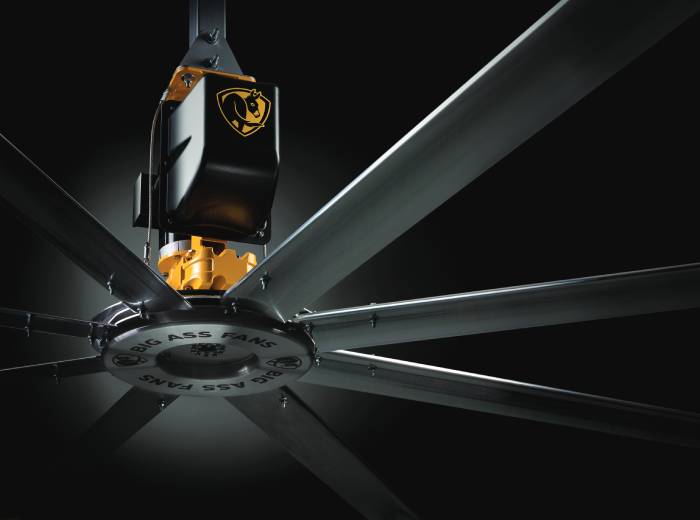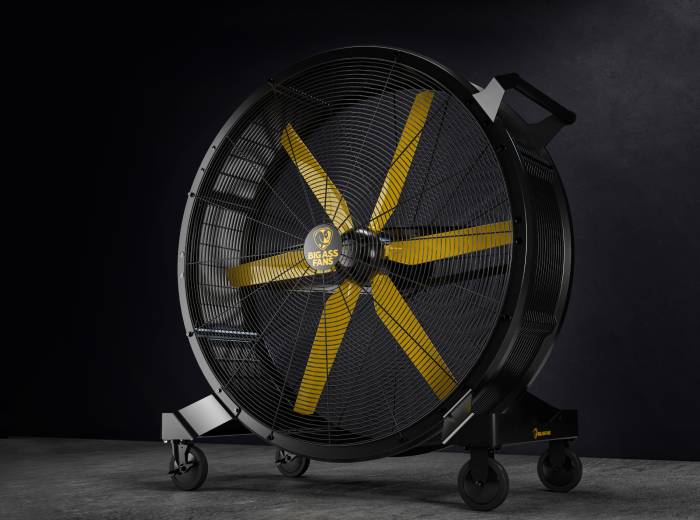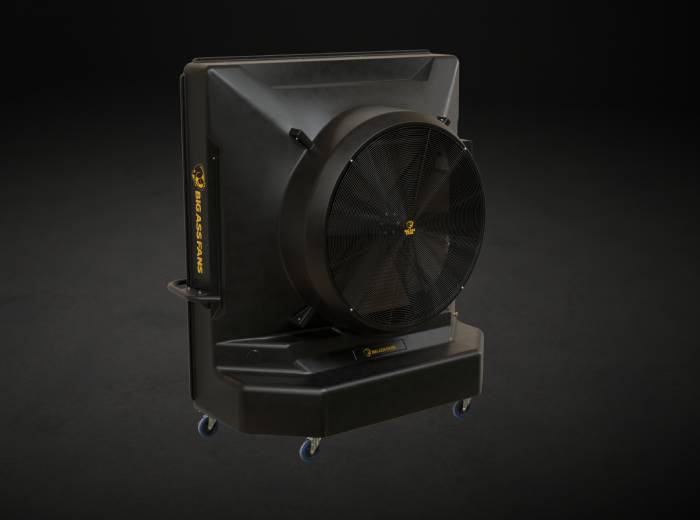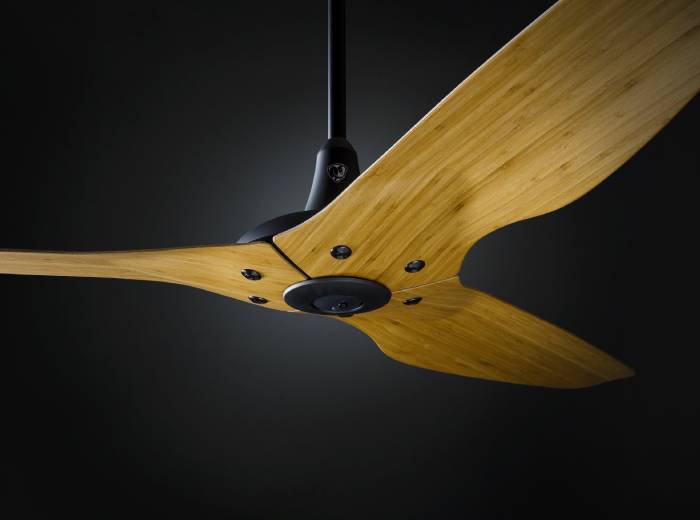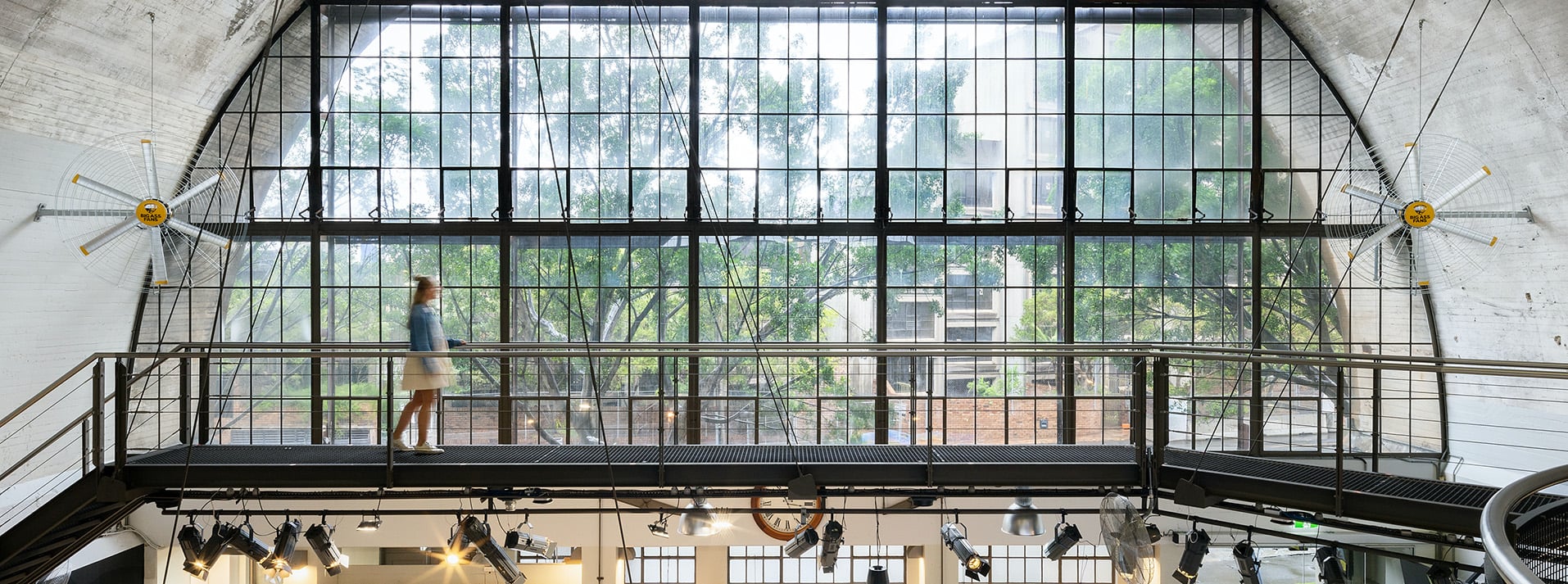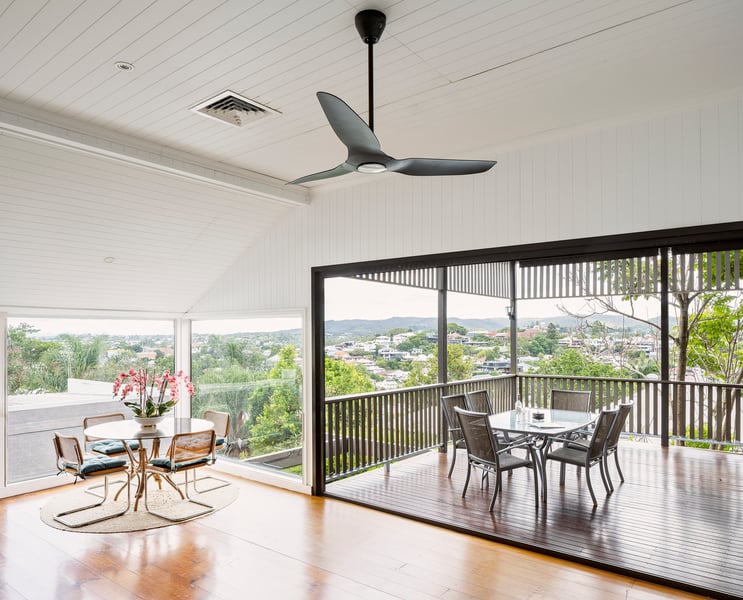
Smart Home System Setups in Singapore
Smart homes are becoming increasingly popular in Singapore, as residents look for ways to make their lives easier and more comfortable. If you’re considering adopting smart home technology in your home, then this article is for you. We will explore everything you need to know about smart home systems in Singapore.
What is a Smart Home?
A smart home is a home equipped with devices and appliances that can be automatically controlled remotely using a mobile device. These interconnected devices create an ecosystem that allows homeowners to manage various aspects of their living space through the internet.
Smart homes run on Internet of Things (IoT) technology, which enables devices to communicate with each other and with users. These systems can learn from your habits and preferences, automatically adjusting settings to create an optimal living environment. For example, your lights might gradually brighten in the morning to wake you up naturally, while your air conditioning system maintains your preferred temperature throughout the day.
How to Set Up your Smart Home System
1. Determine your needs:
The first step is to determine your needs. This means considering how you actually live in your home. Think about your daily routines - what tasks do you perform repeatedly that could be automated? For example, if you always turn on specific lights when you arrive home from work, that's a prime automation opportunity.
Also consider your household's unique requirements: Do you have pets that need monitoring? Family members with mobility challenges who could benefit from voice control? Security concerns that smart cameras could address?
2. Choose and purchase your devices:
When choosing devices, compatibility is crucial. Think of your smart home system like an orchestra - all instruments need to play in harmony. Start by selecting a primary ecosystem (like Amazon Alexa, Google Home, or Apple HomeKit) that will serve as your conductor.
This choice will influence all your subsequent device selections. For example, if you choose HomeKit, you'll want to look for devices with the "Works with Apple HomeKit" certification. It's a good idea to begin with a few basic devices like smart bulbs or plugs before expanding to more complex components like smart thermostats or security systems.
3. Download and install smart home apps:
Once you’ve chosen your devices, the next step is to download and install their apps on your phone. For example, if you’re using the SmartThings Hub, then search for the SmartThings app and install it on your phone. Create an account, log in, and then follow the on-screen instructions to connect your devices to the app.
4. Set up your automations:
Setting up automations is where your smart home truly becomes smart. Instead of thinking about individual device actions, consider chains of events. For example, rather than just having your lights turn on at sunset, you might create an evening mode automation where at sunset, your lights dim to 50%, your thermostat adjusts to your preferred evening temperature, and your security system arms itself.
5. Test your smart home:
Once it’s all set up, it’s time to give your smart home a test. Test each device individually, then test your automations and voice commands to ensure it’s all working smoothly. Lastly, test your remote access. Try controlling your devices from your phone while you’re away from home to ensure you have access and they work correctly.
Popular Smart Home Devices in Singapore
Smart Switches and Plugs
Smart switches can control lighting and ceiling fans without requiring extensive rewiring, making them ideal for HDB flats where major modifications might be restricted. Smart plugs can transform any electrical appliance into a smart device, allowing remote control and power consumption monitoring.
Smart Thermostats
Given Singapore's tropical climate, smart thermostats have become popular for efficient air conditioning management. These devices learn your temperature preferences and automatically adjust settings based on occupancy, time of day, and even weather conditions. These systems can reduce energy consumption, making them attractive in a country with high electricity costs.
Smart TVs and Speakers
Entertainment systems have evolved significantly with smart technology. Smart TVs and speakers now serve as control hubs for entire home systems while providing entertainment. Many households use these devices to manage their smart home ecosystem through voice commands while enjoying streaming services and local content.
Smart Home Security Systems
From video doorbells to motion sensors and smart locks, security devices have become increasingly sophisticated. These systems integrate with your smartphone, providing real-time monitoring and alerts. This gives you the ability to check on your homes remotely and grant access to domestic helpers or service providers without being physically present.
Smart Ceiling Fans
In Singapore's climate, ceiling fans are crucial for air circulation and comfort. Smart ceiling fans like our Haiku can be controlled remotely, and programmed to adjust speeds based on room temperature and occupancy. This integration helps reduce energy consumption while maintaining comfort.
Types of Smart Home Systems in Singapore
Amazon Alexa
While Amazon's physical presence in Singapore is relatively new, Alexa-enabled devices have gained traction due to their robust third-party device support and smart home automation capabilities. The system works well with many international brands available in Singapore.
Apple HomeKit
For Singapore's significant iPhone user base, Apple HomeKit offers a secure and privacy-focused smart home solution. While HomeKit-compatible devices tend to be more expensive, they provide excellent integration with iOS devices and robust security features.
Google Nest
Google's smart home ecosystem provides seamless integration with Android devices and Google services, which are widely used in Singapore. The system's strength lies in its voice recognition capabilities and integration with local services through Google Assistant.
Koble
A local Singapore brand, Koble has developed smart home solutions specifically designed for the Singapore market. Their systems are optimised for HDB flats and condominiums, with features tailored to local living conditions and requirements.
Samsung SmartThings
Samsung's smart home platform has found success in Singapore due to the brand's strong presence in the local market. SmartThings offers good compatibility with various devices and appliances, particularly Samsung's own product line.
Xiaomi Home
Popular among budget-conscious consumers, Xiaomi's ecosystem offers a wide range of affordable smart devices. The system is particularly appealing in Singapore due to its compatibility with local electrical standards and its extensive product range, from air purifiers to security cameras.
Factors to Consider When Choosing a Smart Home System in Singapore
Device Compatibility
Before investing in a smart home system, consider the compatibility with existing devices and future expansions. Look for systems that support local brands and voltage standards, and ensure they can integrate with devices you plan to add later.
Cost
Smart home implementation costs can vary significantly. Consider both initial setup costs and long-term expenses such as subscription fees and potential maintenance. Remember that while some systems might have higher upfront costs, they could offer better long-term value through energy savings and durability.
Ease of Use
The system should be intuitive for all family members, regardless of their technical expertise. Consider factors like language support and the learning curve required for daily operation.
Personalisation
Look for systems that offer flexible customisation options to match your lifestyle. The ability to create automated routines, adjust settings based on different family members' preferences, and integrate with local services can significantly improve your smart home experience.
Design and Aesthetics
In Singapore's space-conscious homes, the visual impact of smart devices matters. Consider how devices will fit into your home's design, whether they can be discreetly installed, and if they match your interior aesthetic. Many modern smart home devices offer sleek, minimalist designs that complement contemporary Singapore homes.
Benefits of Living in a Smart Home
Convenience and Comfort
Smart homes transform daily routines into seamless experiences. Imagine returning home after a long day at work - your air conditioning has already cooled your apartment to the perfect temperature, your rice cooker has prepared dinner, and your favourite playlist starts playing as you walk through the door. This level of automation reduces the mental load of managing household tasks and creates a more comfortable living environment.
For people in Singapore living in HDB flats and condominiums, smart home systems can make the most of limited space by automating routine tasks and creating personalised environments for different times of the day. Voice commands can control multiple devices simultaneously, eliminating the need to manually adjust various settings or hunt for different remote controls.
Accessibility
Smart home technology has made independent living more achievable for elderly residents and people with disabilities. Voice-controlled systems can help those with mobility issues manage their environment without physical effort. For example, elderly residents can control lights, air conditioning, and even call for help through simple voice commands.
In multi-generational households, which are common in Singapore, smart home systems can be customised to meet different family members' needs. Grandparents might use voice controls, while younger family members prefer smartphone apps, all managing the same integrated system.
Remote Security
Smart home systems provide control over home security through real-time monitoring and instant alerts. Whether you're working or traveling overseas, you can check on your home through security cameras, receive notifications about unexpected movements, and even grant access to visitors remotely.
Summing Up
Smart home systems are gaining traction in Singapore, and it’s easy to see why. These new technologies have the power to make our lives more convenient and comfortable. If you’re looking to start your smart home, take a look at our range of smart ceiling fans, designed to seamlessly adapt to all your needs.

